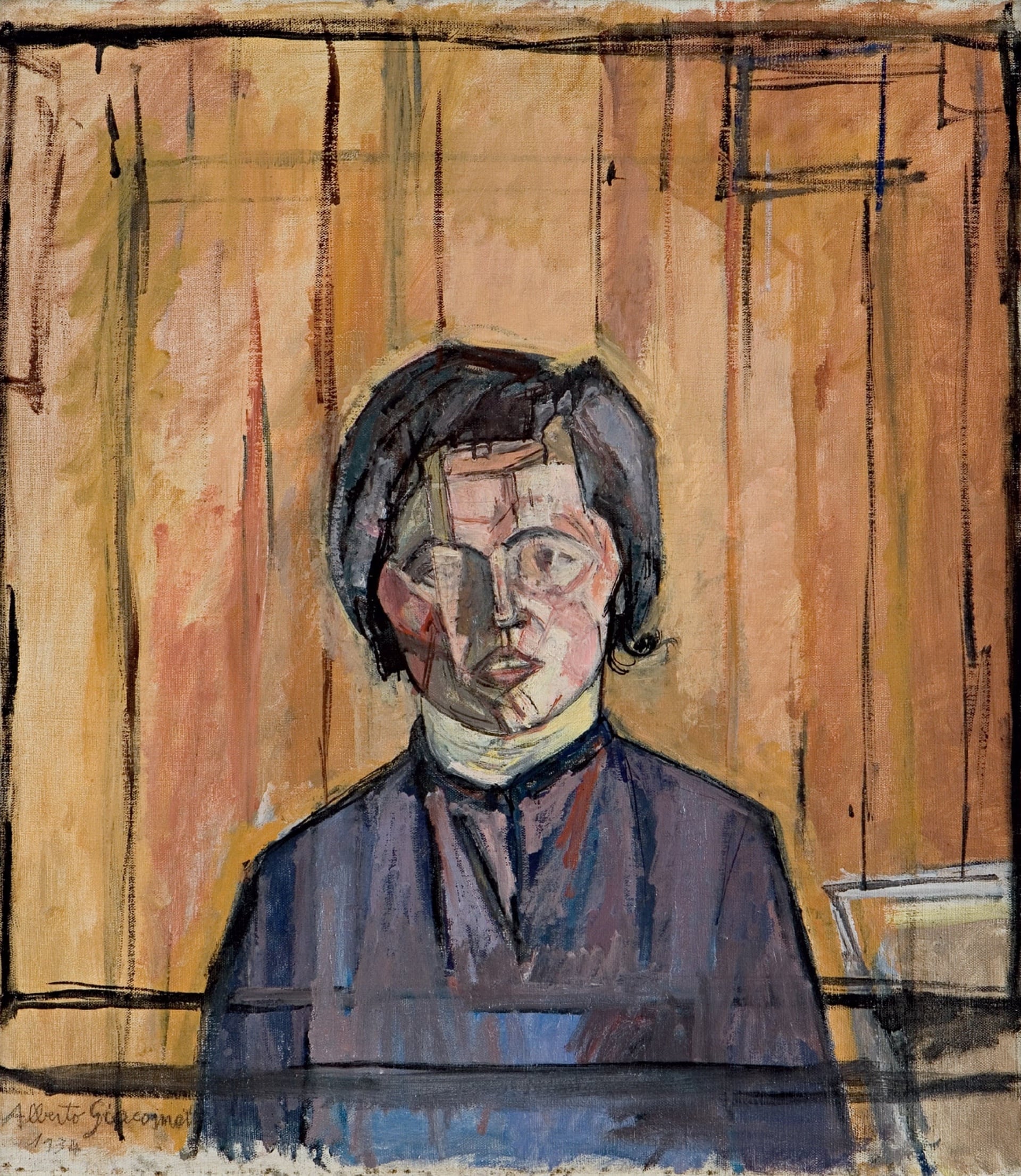Director: Malgorzata Szumowska
Cast: Julia Jentsch, Peter Gantzler, Maciej Stuhr
Poland; 100’, 2008, color
Polish with Turkish subtitles
The Polish artist Julia and her husband Piotr, a talented and successful composer, live in Kraków. When Julias's mother, Barbara falls ill with stomach cancer, the life of the family is falling apart. Julia accompanies her mother to death, but her husband Piotr is at rehearsals in Cologne and leaves her to cope with this difficult situation. Only her friend Adrian is at her side. Her father Jurek is also overwhelmed by the impending loss of his beloved wife. After the death of the mother her father takes comfort from alcohol. Julia found only in the arms of Adrian to rest, but this in turn destroyed her marriage to Piotr. After the loss of the parents and breakup of the marriage she is now alone in the world with an uncertain future where Adrian is of little help.
Trailer

The second part of exhibition illustrates Alberto Giacometti’s relations with Post-Cubist artists and the Surrealist movement between 1922 and 1935, one of the important sculptures series he created during his first years in Paris, and the critical role he played in the art scene of the period.
Tuesday - Saturday 10:00 - 19:00
Friday 10:00 - 22:00
Sunday 12:00 - 18:00
The museum is closed on Mondays.
On Wednesdays, the students can
visit the museum free of admission.
Full ticket: 300 TL
Discounted: 150 TL
Groups: 200 TL (minimum 10 people)